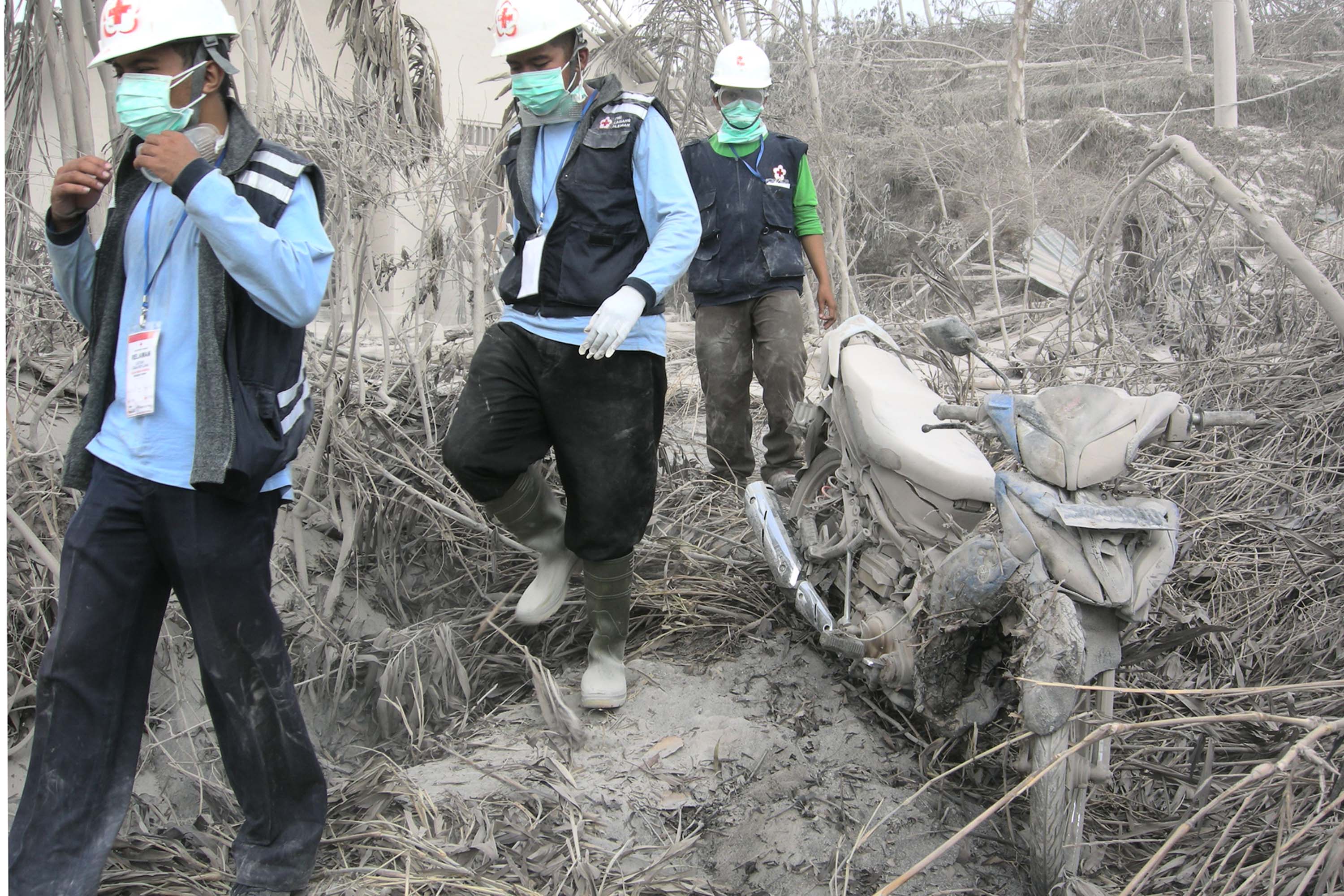"There are too many private organizations providing aid to even name," said Indonesia's National Disaster Mitigation Agency (BNPB) spokesman Hartje Robert Winerungan, referring to private sector assistance following the twin disasters in October 2010.
More than 300,000 people were displaced and about 300 died after multiple eruptions from Mt Merapi in Central Java, while some 11,500 were displaced and more than 450 died in the tsunami at the Mentawai islands, West Sumatra, according to the government.
The UN Office for the Coordination of Humanitarian Affairs (OCHA) says the private sector's presence in disaster relief has grown significantly over the past two years, and in the case of Indonesia that has included increasing international contributions, depending on the scale of the disaster.
In 2009 alone, all commitments, contributions and pledges from international donors to Indonesia for the West Sumatra earthquake - the country's biggest emergency for the year - amounted to US$76.4 million, which is almost six times more than all of the humanitarian aid given to Indonesia in 2008.
Private-sector donations are not measured separately from overall international disaster relief due to the ad-hoc, informal and in-kind nature of the giving, which often escapes official records.
Coordination
The private sector's growing role raises challenges for national disaster response planning, said Ibu Titi Moektijasih, an OCHA humanitarian affairs analyst.
The BNPB leads the disaster mitigation team comprising NGOs, the public and private sectors, government and civil society. But coordination with the increasingly active private sector, which has typically operated independently of the humanitarian community, can be difficult.
"While its efforts are self-funded and it can provide invaluable resources, the private sector is not trained in disaster mitigation. Indonesia's disaster-response team cannot operate to potential if each component works alone," she concluded.
"The coordination effort has the potential to be better organized and led," said Titi.
General manager Sinta Kaniawati with Unilever Indonesia Foundation, which gave its hygiene products to displaced people following the October disasters, agreed.
"We collaborate with many NGOs in our aid efforts, but the government needs to include [the private sector] more in the disaster response programme in Indonesia to enhance its effectiveness."
Despite the tighter coordination now required, companies bring clear advantages to disaster relief, said Titi. "They can work more effectively, being familiar with the area, and their aid is immediate."
At Merapi, for example, telecommunications provider Indostat was a key player in re-connecting the region's internet, enabling the disaster-response team access to the Merapi disaster mitigation database run by a local NGO, Combine, which gives updated information on aid distribution and volcanic activity.
Work in progress
NGO Mercy Corps coordinator Agni Pratama with the Our World Our Family programme said private-sector volunteers helped its new Mother and Child Programme with infant feedings - from food production and preparation to distribution.
Mercy Corps has trained private-sector volunteers to take over programme operations so the NGO can focus on other areas, such as distributing non-food items to displaced people.
"While extreme weather at Mentawai has posed challenges, Mercy Corps' disaster-mitigation efforts at Merapi and Mentawai have been doing better than in previous years, and that in part is owed to its partnership with private companies," Agni said.
ab/pt/mw
This article was produced by IRIN News while it was part of the United Nations Office for the Coordination of Humanitarian Affairs. Please send queries on copyright or liability to the UN. For more information: https://shop.un.org/rights-permissions




